Part 6 - Shuffle Synchronicities Podscript 🎙📇 with Ray Padgett
dylan bad at guitar? let us not talk falsely now!
NOTE: Recommending getting the free Substack App.
Some posts are a bit too long for email inboxes like Gmail and you can only hear the Audio embeds on the app or on the website, so…🤷♂️
Today in other Substackers to follow if you do get the app, we’re going with
who many know as the niche internet micro celebrity meme admin of @depthsofwikipedia and/or because she was one of the first guest posters on Volume 1 of the Shuffle where we contrasted Frank Sinatra’s “New York, New York” with Randy Newman’s “I Love LA” among many fun things. She produces:And here the Queen of Wikipedia 👑 expands her enthusiasm out even further into the universe 🌐 somehow.
But, um, yeah, get the app already!
Previously…
In Part 5 of the Podscript 🎙📇
We investigated Ray’s niche of writing about bad-voiced but still good-singers Bob Dylan, Tom Waits, and Leonard Cohen, how Ray couldn’t stand Waits at first, and Dave admitted to something similar with Dylan.
Want to catch up?
Part 5 is available here. Part 4 here. Part 3 here. Part 2 here. Part 1 here. Preamble here.
Don’t want to wait?
The audio of the full Podcast is also already available:
Otherwise…
Part 6 of The Shuffle Synchronicities Podscript 🎙📇 with Ray Padgett
begins now!
Not a, like, virtuoso…
Dave
Going back to what you said about his voice, and how he doesn't have a Sinatra voice, and he doesn't have the most beautiful voice, but what he uses with what he has, makes him such a star. And I think reading through the interviews, everybody would, you would ask about, his guitar playing, or his piano playing, or how he led the band. And I feel like all the people were always like, even though he is not a technically skilled, like, virtuoso on guitar, the way he has rhythm, the way he understands the American tradition of folk-
Bob Dylan
Hey, hey, so I guess I’m doin’ fine.
Dave
And rock and roll.
Bob Dylan
Like a Rolling Stone!
Dave
It all adds together into a whole that's so much greater than the parts. That he is, like, he is one of the best guitar players, even though technically he's not.
Bob Dylan
All along the watchtower.
Dave
If you could speak to that, like how you're seeing all these kinda reverential responses to a relatively unskilled player?
Bob Dylan
Let us not talk falsely now. You know the hour's getting late.
(start of a Bob Dylan Guitar solo)
Ray
Yeah. That's been really interesting. Especially from people who, I think most people would say, are significantly more skilled on their instruments.
Dave
Right, right.
Ray
Than Bob Dylan is on his. And they're all kind of amazed. You know, he's not Clapton or Hendrix (Jimi not Jimmy lol). He's not gonna just whip out this insane electric guitar solo where he plays behind his head or whatever. There's this interesting section in his book Chronicles.
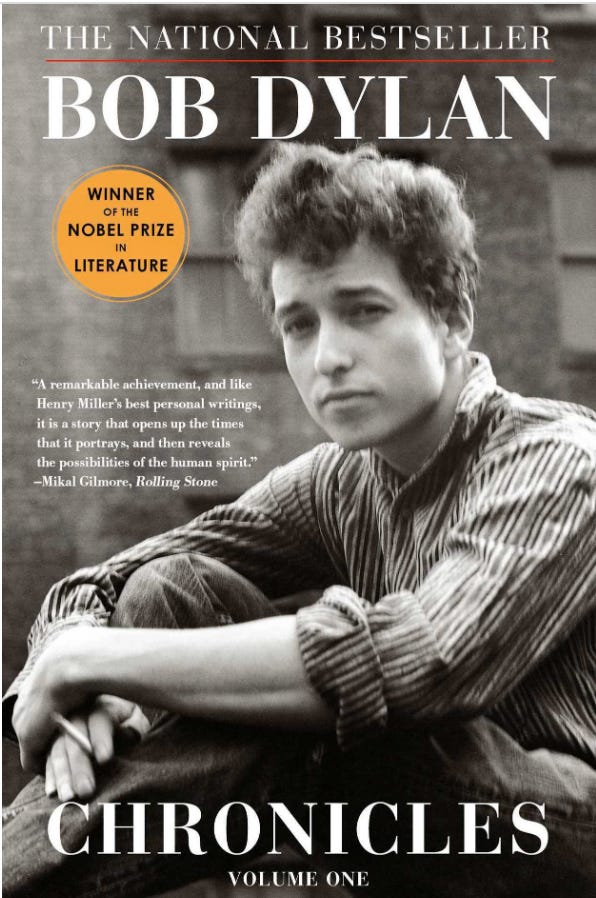
Dylan and the rule of three
Ray
Where he actually goes into fairly specific detail about his guitar technique and, the details are a little hard, for me at least, to figure out, but he's always talking about the rule of threes and how it's just different, this different approach than anyone else is taking. And even if you can't, like me, quite understand what he's saying, the point is, that he thinks about it a lot and the system he's using is not the same system that your guitar hero is gonna use.
Dave
Huh? Interesting.
Ray
And I think that's to some degree what these musicians are keying in on. Like they're used to, you know, some flashy guitar player and he's not gonna do that. But what he's gonna do is very rhythmic based and it's very unpredictable and he's never gonna go the way you think he's gonna go. And again, kind of like what I was saying with his concerts up top, sometimes he falls on his face, right? He's living kind of out there, including on the guitar. And sometimes it's honestly pretty terrible.
Dave/Ray
<laugh>
Ray
But in a way, in a way that someone, you know, Clapton or something, he's not gonna give you a terrible guitar. It’s just never gonna happen.
Dave
Right, right.
Ray
But Bob's really pushing it and sometimes he comes up with these things that no one else could come up with and, and sometimes it's, uh, fairly unlistenable. I'm interested in that.
Dilettante Dave on the rule of three
Dave
Yeah. I think I wanna say two things. First is the rule of three. I mean, you didn't prep for this. But that's also a comedy thing. The rule of three, like, the joke is on the third, the third list of three things.
Ray
Oh, interesting.
Dave
And then also in spiritual stuff, like, the rule of three is that, you have these binaries and then people get caught in the binaries, and then you actually need like a third element that, you kind of, a dialectic that leads to a third synthesis that then is kind of the way forward in a situation.
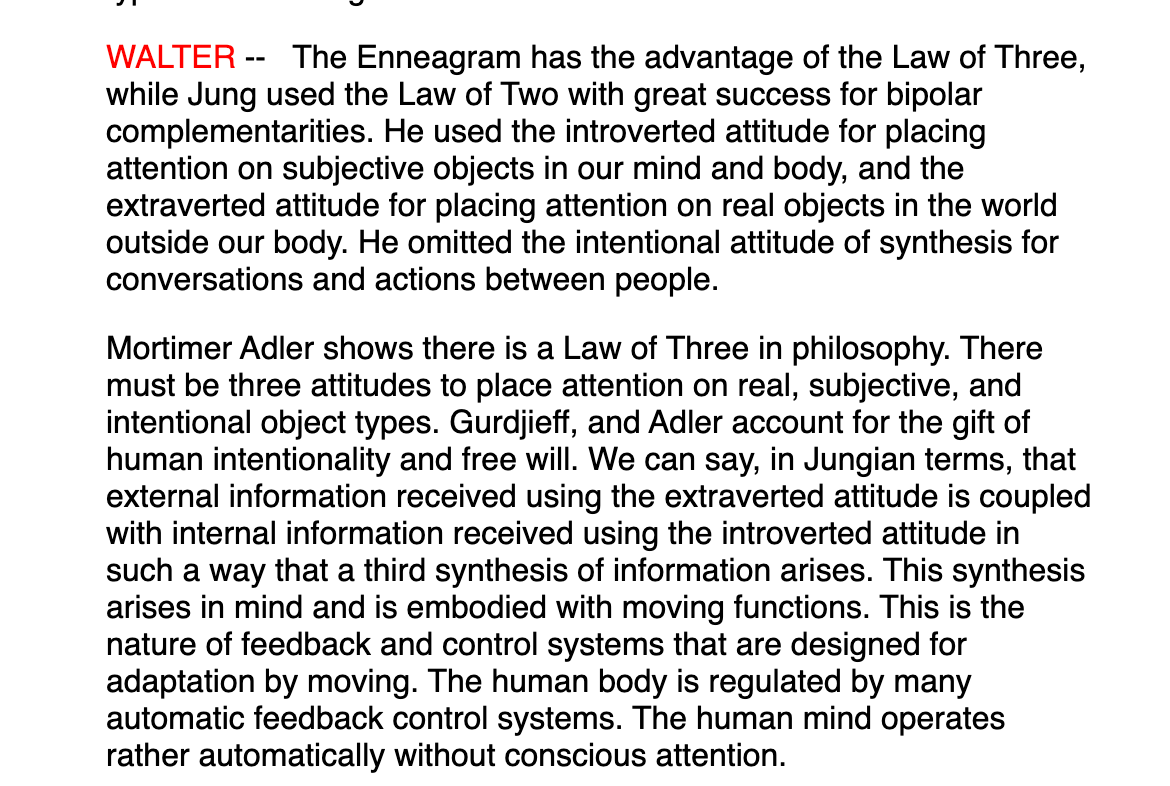
Dave
I mean, do you remember at all, kind of, what he's talking about in terms of the rule of three, in a more detailed way? We don't, we don't have to put this in <laugh>
Dave
When I do these podcasts, I think, I'm not sure I’d say I'm Dylan. But, like, I have a weird voice. I think people, people always comment about my voice. I'm, you know, pretty erratic, uh, in general <laugh> as a lifestyle, sometimes.
Ray
<laughs>
Dave
And also on this podcast, we've been taking a lot of weird [turns] <laugh> And even this question, I'm rambling now.
Numerology and Dylanolgy
Dave
But can you speak to the rule of three in any more depth, or are you not comfortable doing that? I don’t know if there’s more you can offer?
Ray
I can't really speak to it more in-depth. Because like I said, I'm interested in it, but don't really understand it. I've actually sort of tried to figure it out. I play a little guitar just around the house [but] I can't quite figure it out. There is, if people are interested, I would say there's this amazing site called dylanchords.com, which is about what it says. It has very good versions of, better than you're gonna find anywhere else, of Bob Dylan's chords. But the guy is like a real music theory guy in a way I’m not.
Dave
Yeah, you have an interview with him?
Ray
Yeah, I did an interview with him. And I don't think we talked about this specifically, but he did a whole article where he like literally went through this somewhat inscrutable chapter about rule of threes from Bob Dylan’s book. And he like, actually, like he puts some tabs to it and kind of tries to figure it out.
Dave
Oh. Cool.
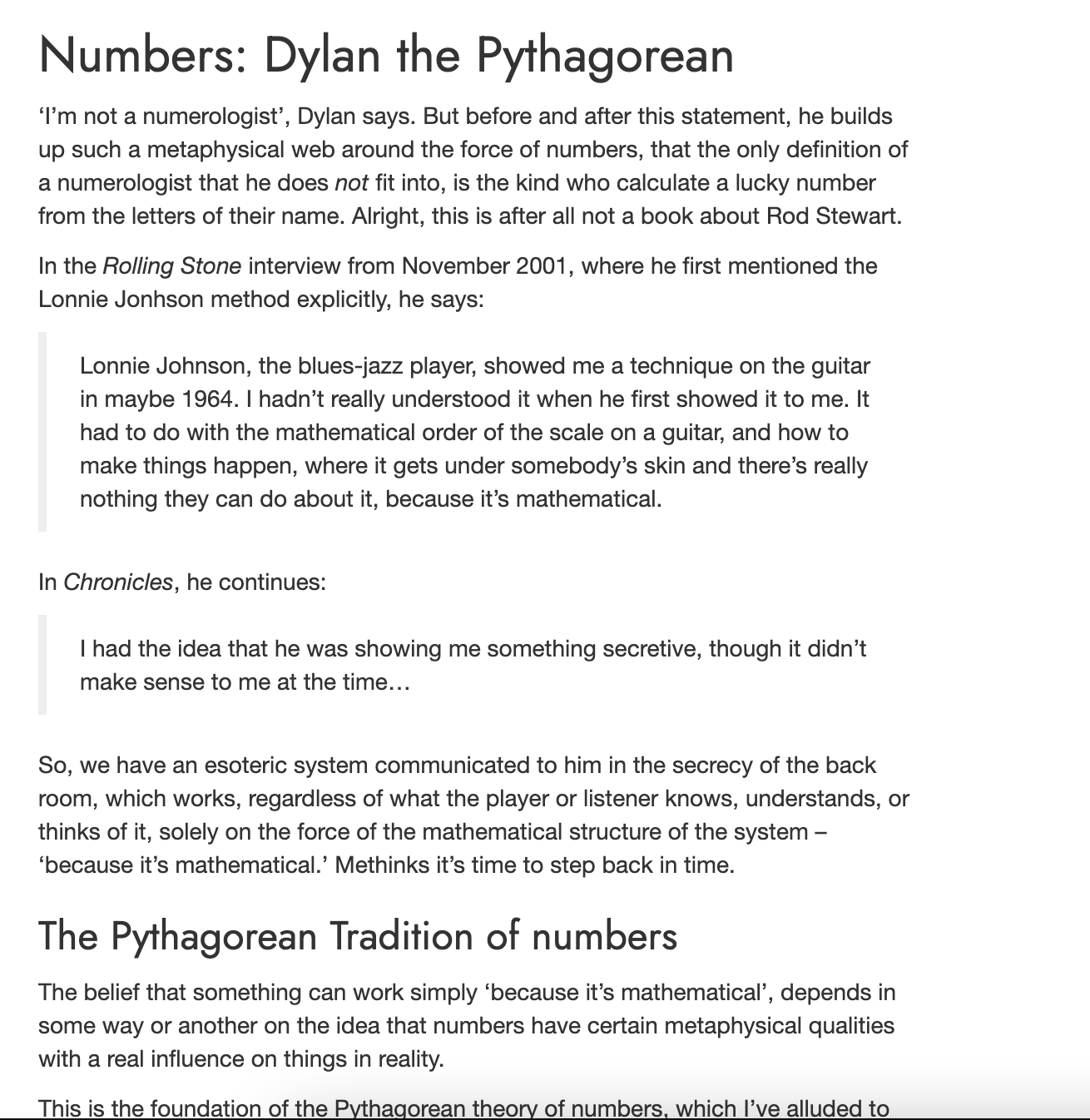
Ray
And like I say, music theory-wise, it's like a little over my head, but it's interesting as sort of a novice to read about. And that's great to have someone who actually knows what he's talking about try to figure out that this passage that, like so much of Bob, is enigmatic and somewhat inscrutable.
Dave
Yeah. And he started a Substack, too, right? Kind of like inspired by yours in a way, right?
Ray
Yeah. He just started one, I dunno, six months ago maybe. He does, I think it's one issue a month. And they're very, they're really interesting and they're again, sort of music theory based in a way, mine are not, just because I don't know that stuff. Like they really get into granular of key changes and stuff like that.
Ray was inspired by…
Dave
Yeah. So. This is not a question we prepped for, but, is there a Dylan writer that has inspired you? You know, like, people talk about Greil Marcus.
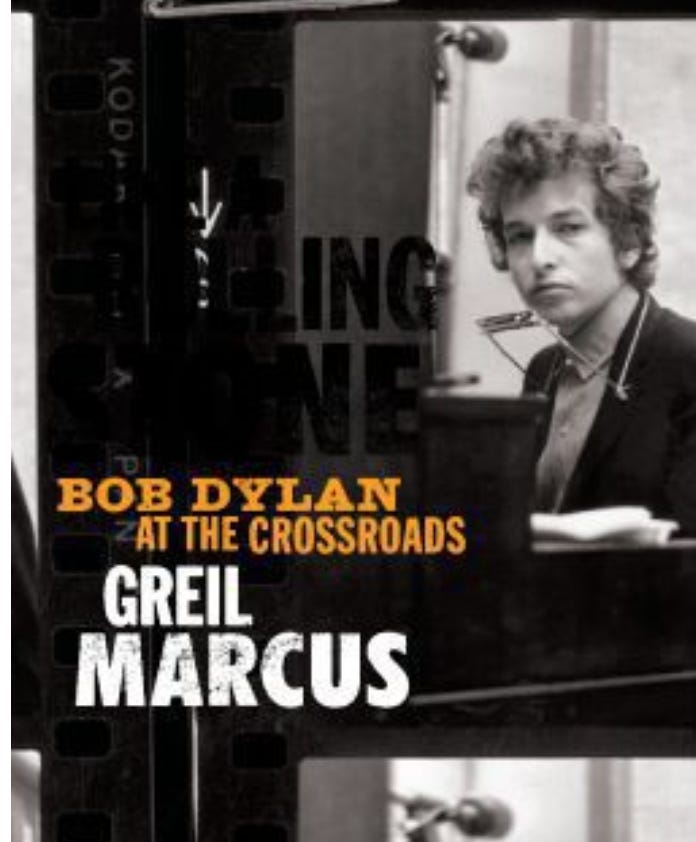
Dave
I just read the David Remnick piece in The New Yorker.
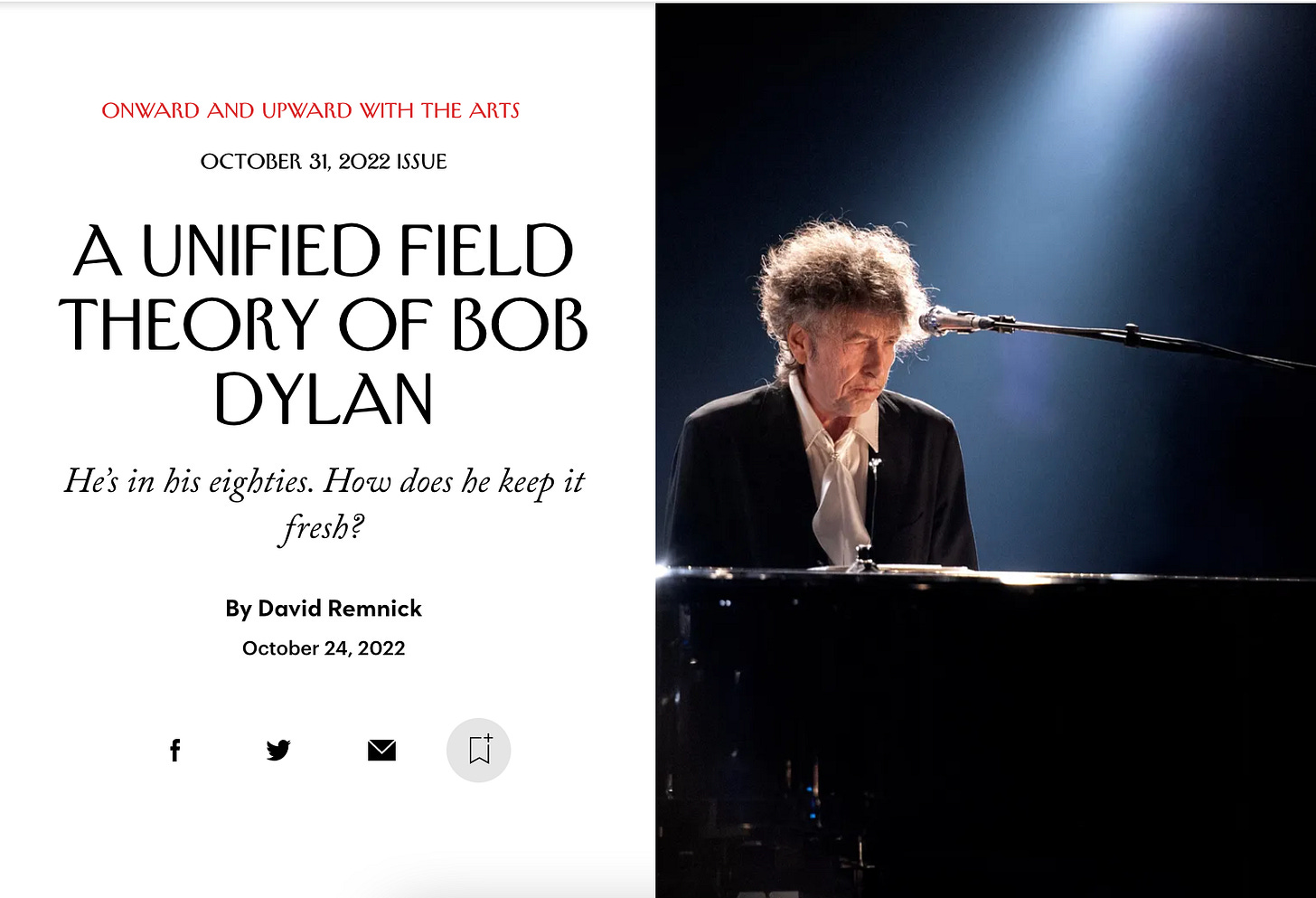
Dave
Where he kind of talks about some of the history of the music writing about Dylan and his own experiences with Dylan. Is there some music writer who has inspired you in your relationship with Dylan or just your music writing in general?
Ray
Yeah. There was one. I mean I've read all of 'em. And I like plenty of 'em. But the one really is this guy named Paul Williams. Paul Williams is like one of the OGs of music journalism. He founded the magazine Crawdaddy, like right around the time Rolling Stone was founded in the mid-Sixties. But he, the specific angle with him, is that he wrote this trio of books called Bob Dylan: Performance Artist.
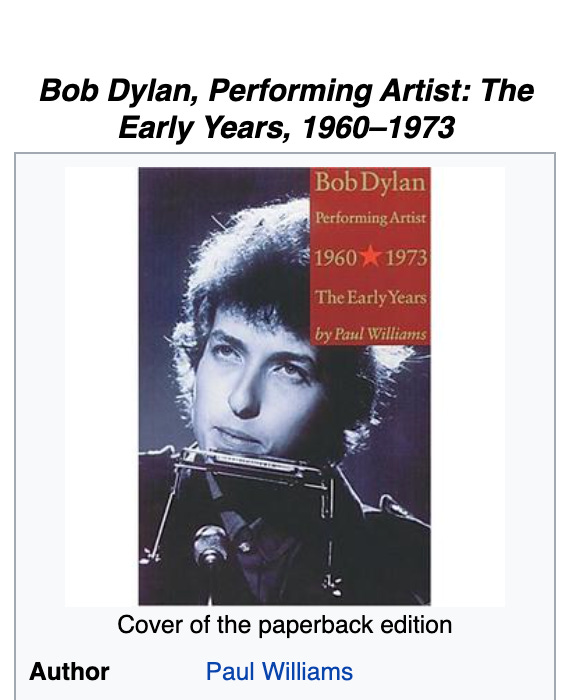
Ray
And the angle on those is very, the way he does it is very different, but the sort of place he's coming from is very similar, whereas he talks little to none about the lyrics.
Dave
Yeah.
Ray
And as the title says, it's performance, he's talking about both live performance like I do, but also studio performance.
Dave
Right.
Ray
But really the sound, how Bob is singing, what the musicians are doing, he goes into a lot of depth. He writes about tons of shows, like, from bootlegs, he'll go song by song, through some bootleg, really listening to the musicianship. And…He got three books out of this and they're amazing. He's more of a critic in that way than I am. Like, he's not doing any interviews, he's not reporting in that sense. It's really sort of review-type stuff, but very smart. He's a hell of a writer. And just the angle where he's saying, you know, he's sort of defending Bob as a performer. He's not just, and this is my line too, he's not just like a guy who writes really good lyrics, but boy, you don't wanna listen to him sing them, which is to some degree like a popular perception that has been going on forever. But he is like, No, like this guy, yeah, he's a good songwriter, but as a performer he’s [also] second to none.
Thanks for reading Part 6 of the Podscript🎙📇!
And for supporting Volume 2 of Shuffle Synchronicities.
Part 7 will be emailed tomorrow. Part 5 is available here. Part 4 here. Part 3 here. Part 2 here. Part 1 here. Preamble here.
Don’t want to wait for all the Podscript posts to be emailed to you?
The audio of the full Podcast is already available to listen to here:
Don’t like it? That’s OK, too, there’s a smaller Unsubscribe button below.
Hope you enjoy the rest of the posts to come
Your day
And your life!



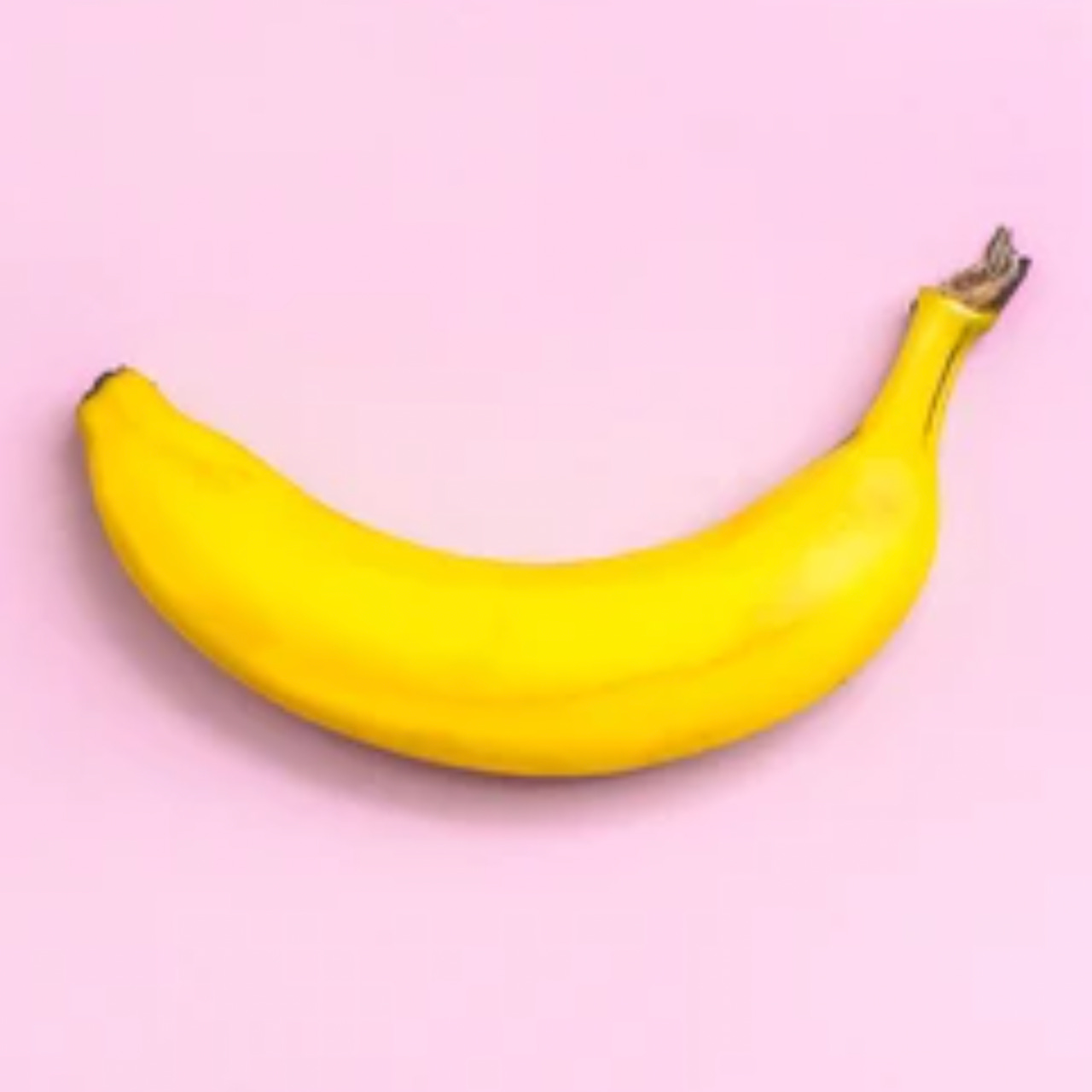






Going to have to read Chronicles. Will pick it up after I finish Clapton Edge of Darkness.